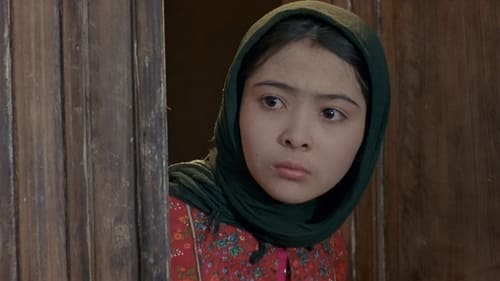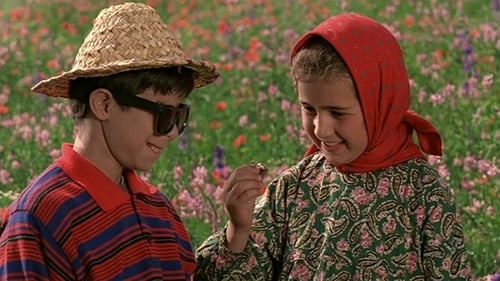
Director of Photography
Persian Carpet is an omnibus film produced by Iran's National Carpet Center and Farabi Cinema Foundation where 15 renowned Iranian directors contributed films on the subject of Persian carpet. Carpets are the reflection of the cultural and historical identity of Iran.

Director of Photography
The struggle to survive, for a generation, torn between wanting to leave its country, yet bound by blood to home.

Cinematography
A number of inmates from a reformatory school are scheduled for release. As a condition for their discharge, it is specified that the younger boys should live either with their families or in government supervision centers. On the appointed date, however, Mohsen Ghaderi's parents do not show up to take their son. Another boy, meanwhile, Sohrab, an orphan, is not accepted in the government supervision centers. The film depicts the real lives of these two young boys among other inmates of the reformatory school. The past, the present and whatever is destined to happen in the future are what this film is all about. The causes of crime, the roles the family and society play, and the efforts to re-educate juvenile delinquents at reformatory school are of particular interest in the film.

Director of Photography
Baran es la historia de refugiados afganos contada a través de los ojos de Lateef (Hossein Abedini), un iraní adolescente. Mientras él y otros iranís pelean para llevar acabo un encuentro, los refugiados afganos pueden apenas sobrevivir, ya que ellos no pueden trabajar legalmente. Lateef, con un gran corazón pero un pícaro, trabaja como portero en una construcción, proporcionando té y comida a los trabajadores afganos que trabajan ilegalmente por un salario escaso. El jefe, un hombre amable pero frugal llamado Memar (Mohammad Amir Naji), le paga a Lateef una pequeña parte de sueldo semanal, y retiene el resto de su sueldo alegando que es por su propio bien. Cuando un trabajador afgano, Najaf, sufre una caída en la construcción, no puede decir a las autoridades dónde o cómo se ha herido, debido a su estado de trabajador ilegal. Este incidente amenaza los puestos de trabajo de todo el mundo.

Cinematography
Tensions abound in the relationships featured in the three episodes which make up the film - that between two young children and their stepfather, a cripple setting off alone on a pilgrimage without the company of his fellow villagers, and a teacher returning to his remote village and finding himself the subject of unrealistic expectations of the other villagers.

Cinematography
Mohammad es un niño ciego iraní de ocho años. Tras acabar su curso escolar en Teherán, regresa al pueblo con su padre para reencontrarse con su abuela y sus dos hermanas.




